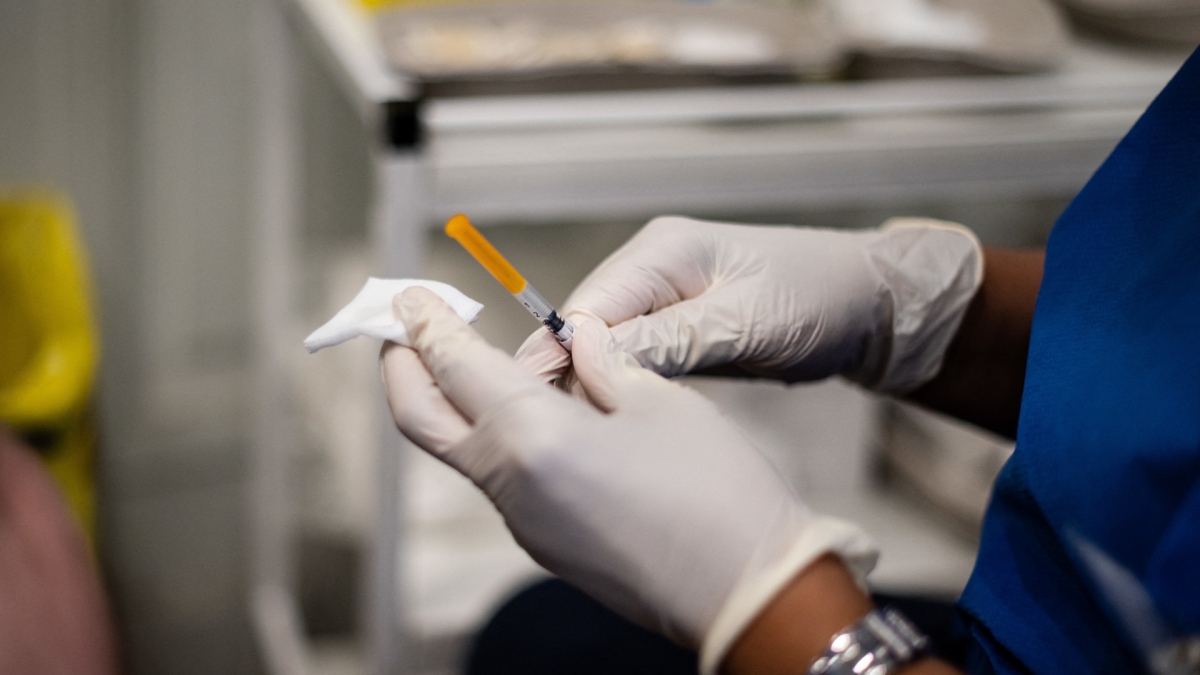A McMaster University study getting the support of the federal government is set to work with three First Nations groups to investigate COVID-19 vaccine hesitancy in those communities.

The probe is also expected to provide some insight into immune responses to COVID vaccines, and data on health outcomes after inoculations with an end goal of engaging First Nations members in understanding the research behind the medicines.
The rate of cumulative COVID cases in First Nations communities was 4.3 times higher than rates reported in the general Canadian population as of early November, according to Indigenous Services Canada.
Dr. Sonia Anand, a McMaster professor and scientist with Hamilton Health Sciences (HHS), says multiple factors are contributing to those high infections rates, including an apparent mistrust of vaccinations.
“I think that most people will recognize that individuals who have a lot of social and economic challenges … as well as living conditions for families living in multigenerational households and essential work are probably the primary drivers for certain communities to have a higher risk of infection,” Anand said.
The researchers suspect immune responses to vaccinations also vary from community to community, based on factors such as diabetes or other chronic diseases.

Get weekly health news
Six Nations of the Grand River, Lac La Ronge Indian Band in Saskatchewan, and Wendake in Quebec are the areas of participation in the study.
Anand says early studies suggest vaccine hesitancy among Indigenous communities is tied to individuals being used as test subjects for vaccinations in the early 1900s.
“So there’s certainly mistrust of vaccination programs among many First Nations communities due to the kind of colonial history and oppression that … people have experienced,” Anand said.
“Many people don’t want to be the first community to receive them as well, and would like to have more experience in Canada with how people respond to vaccines before they roll up their sleeves.”
Recruiting for the federally funded study is underway with the goal of 2,000 participants.
Six Nations of the Grand River is leading the charge with almost 400 people enrolled as of early December.
The first results from the study are expected by spring 2022 with follow-ups a year after that.
“I think all of those will help us get through this pandemic, which … is perhaps going into a fifth wave,” Anand said.
“But also many of the things we learn will help communities prepare for the next pandemic or future epidemics of infectious diseases.”







Comments